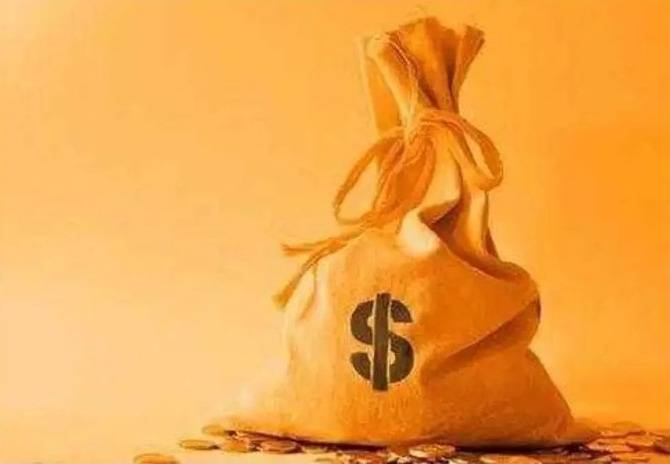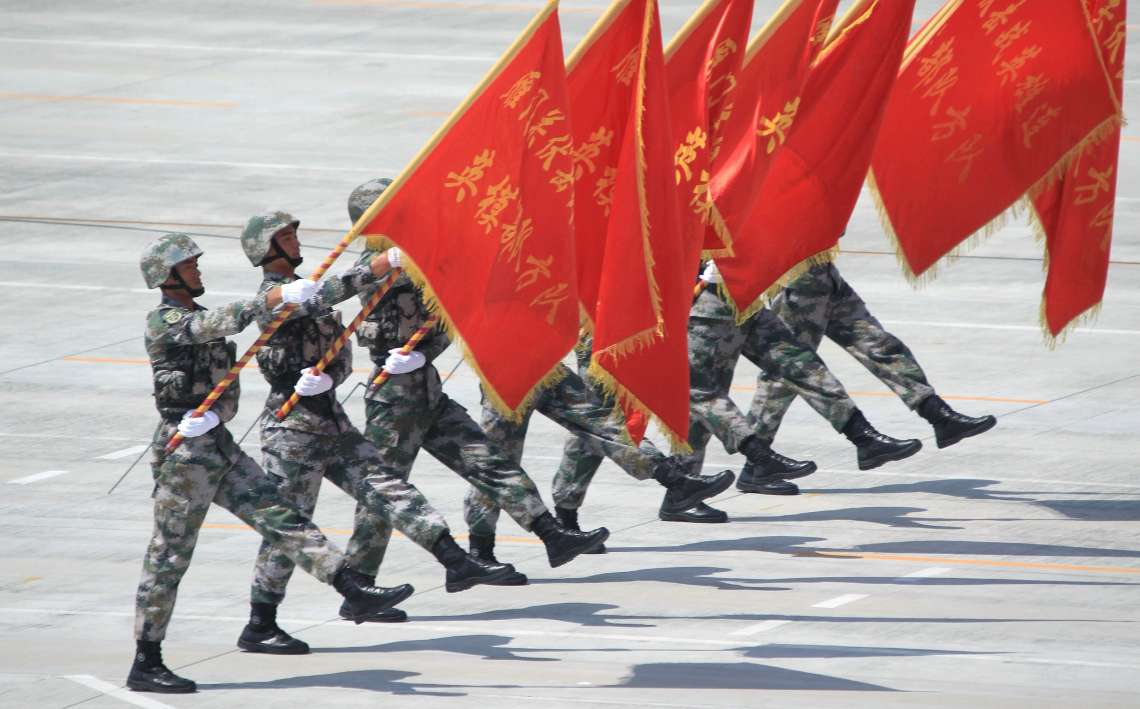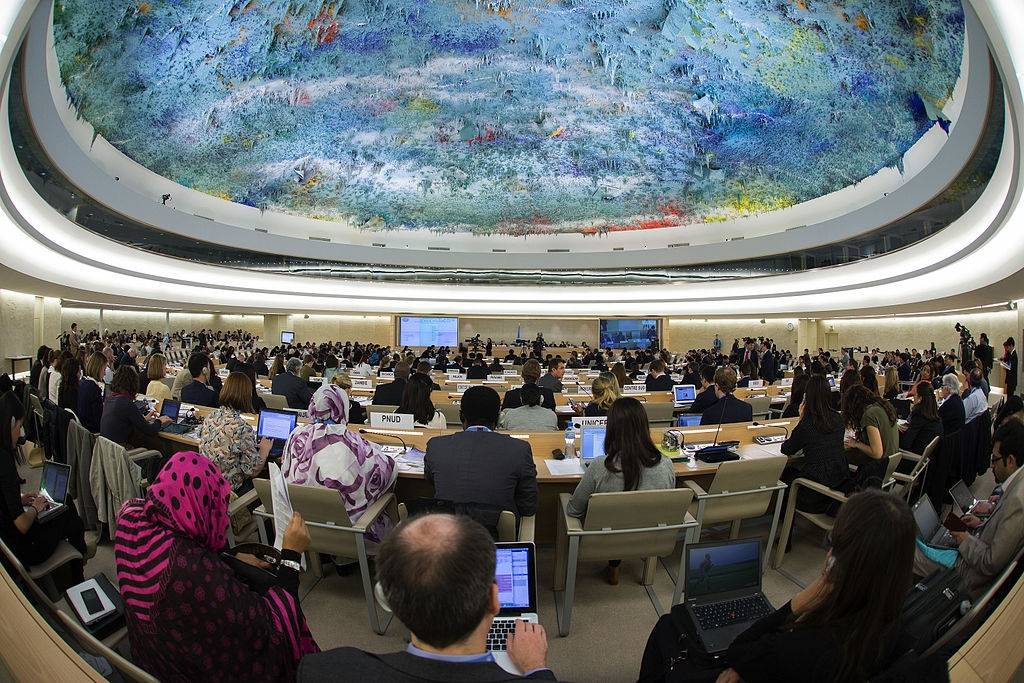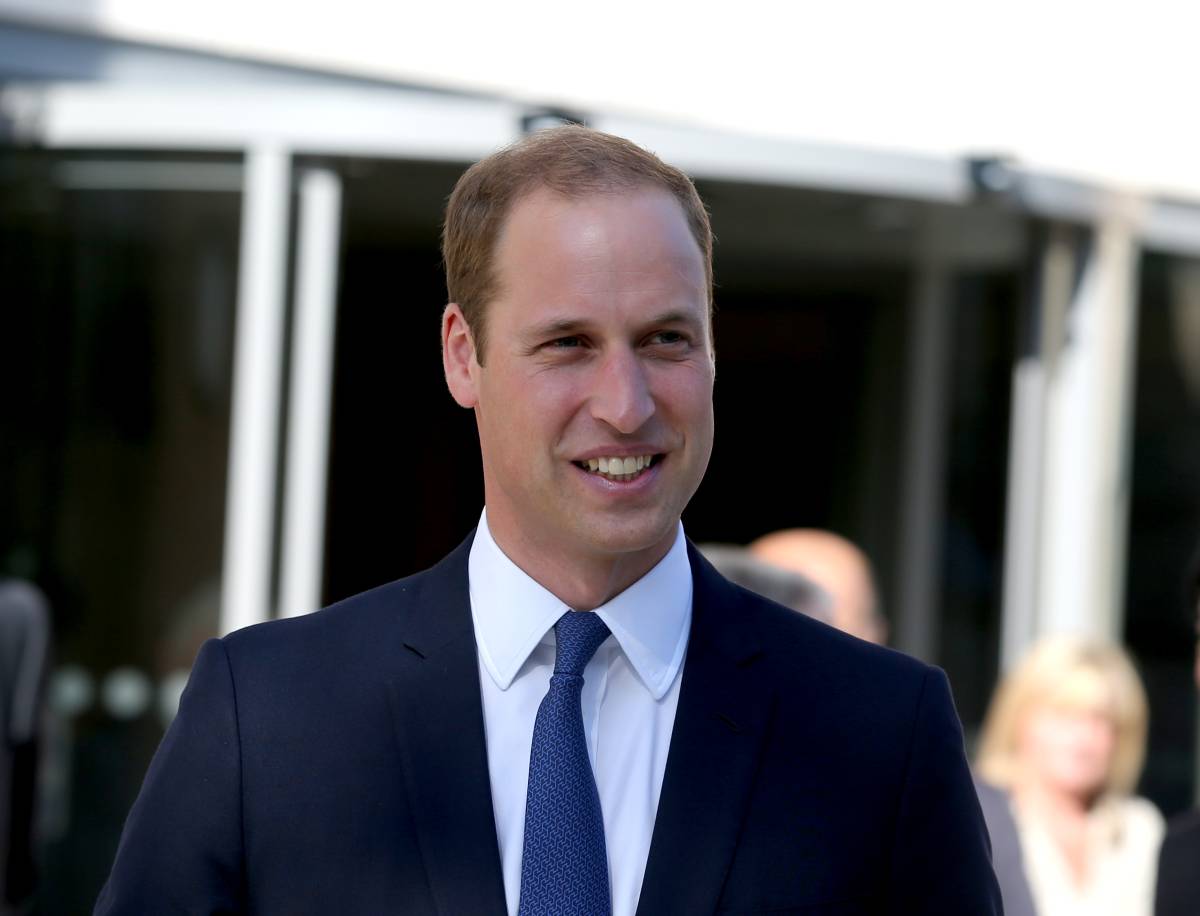China’s just-ended “golden week” coinciding with the National Day that began on October 1 and ended on October 7 was a muted one….’reports Mahua Venkatesh
As China’s economic growth shows signs of slowdown amid Beijing’s crackdown on its private sector and its President Xi Jinping calling for Common Prosperity, citizens are tightening their purse strings.
China’s just-ended “golden week” coinciding with the National Day that began on October 1 and ended on October 7 was a muted one.
According to Bangkok Post, travel and holiday spending during China’s just-ended “golden week” national holiday fell against prior years, not just due to travel restrictions triggered by recent coronavirus outbreaks, but because of what industry insiders say is a dwindling desire among consumers to open their wallets amid falling incomes and depreciating property values.
While BloombergQuint in a report said that despite China’s economic slowdown, Beijing isn’t opening the spending taps just yet, reflecting its overall aim in “pursuing high-quality development rather than adopting a deluge of strong stimulus.”
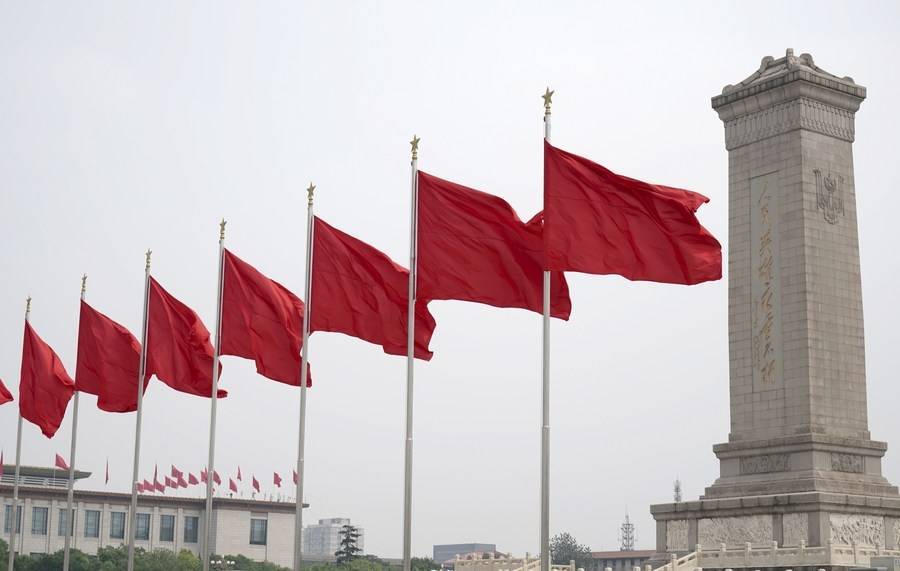
However, economists have questioned the timing.
“It is non negotiable to have ‘good’ growth but at the same time governments must realise that 2020 was a year which was nowhere near being normal. The world across, governments have come up with fiscal measures. Economic recovery is still patchy and this is definitely not the time to clamp down,” another economist said.
Deutsche Welle (DW) said that the extent of the clampdown has raised questions about the best time to carry out such sweeping reforms – after all the Chinese economy is just recovering from the coronavirus pandemic. “With the country’s property boom – a major driver of economic growth – now under threat, some economists are asking how much financial pain Beijing is prepared to tolerate,” it said.
“Anxiety levels are rising in China with this clampdown and what is surprising is the timing of such actions. These actions are being taken at a time when the global economy is going through a shaky phase and these measures could have an adverse impact on its economy,” DK Srivastava, chief policy adviser, EY India told India Narrative.
China with its 18.3 per cent growth rate in the January-March quarter of this year had stunned the world, especially as most countries were in the middle of the Covid 19 grip battling multiple health as well as economic challenges.
Economists across the world had been quick to opine that China would drive world growth in the months to come.
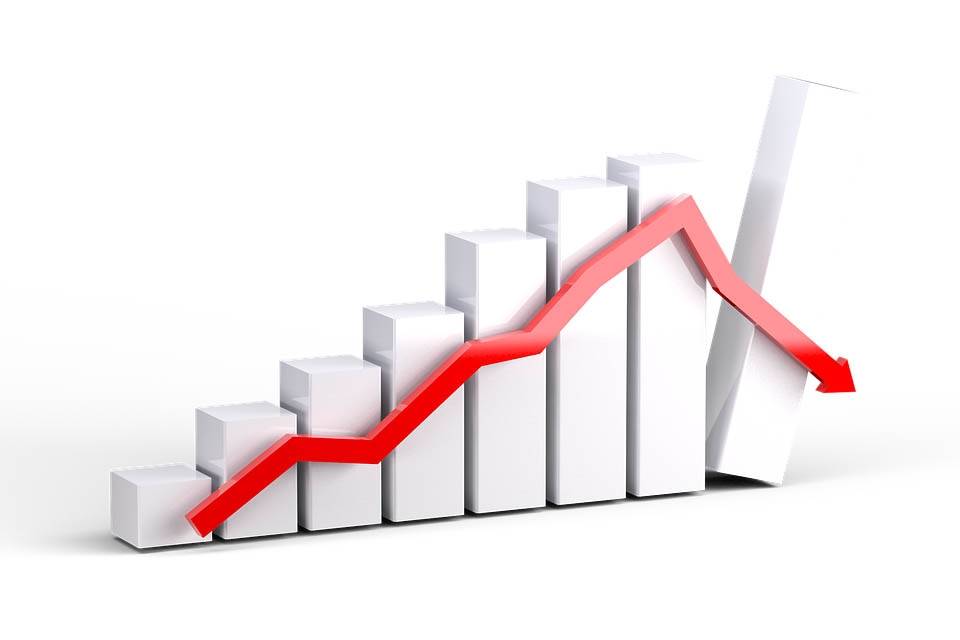
However, last month, Fitch Ratings said that China’s economy was losing momentum, prompting a recalibration of policy settings to support activity. Since China began to open up its economy, its GDP growth has averaged almost 10 per cent a year, lifting more than 800 million people out of poverty but a slowdown in growth could even have social implications for citizens, especially for a country with a high level of debts, including household loans.
The household debt level in China has grown at a steady pace-it rose from 51.5 in January 2019 to touch 62 per cent at the end of the second quarter of this year.
Though there has been a slight dip from the 62.2 per cent recorded at the end of the second quarter in 2020, just when China was crawling out of the Covid 19 impact, household debt as a percentage of disposable income had reached a record high of 130.9 per cent by the end of last year.
The Evergrande Group’s default has dealt a further blow as real estate has been one of the most preferred savings instruments in China. And as uncertainty continues, anxiety and fear among citizens have increased.
(The content is being carried under an arrangement with indianarrative.com)


